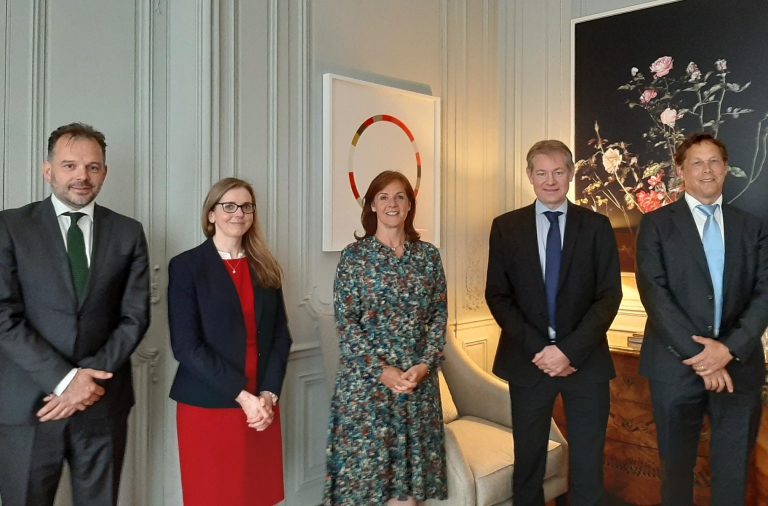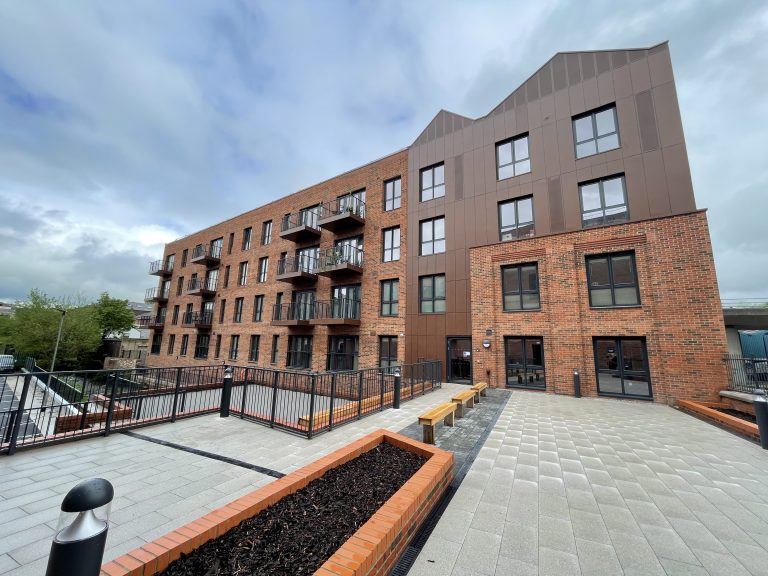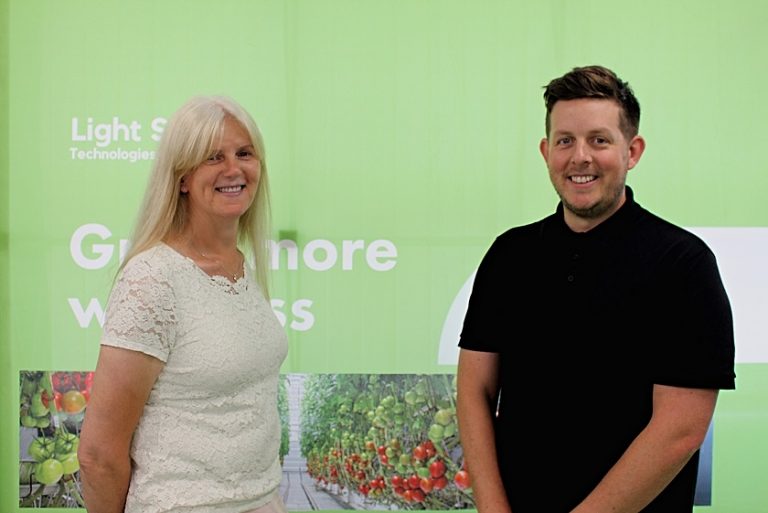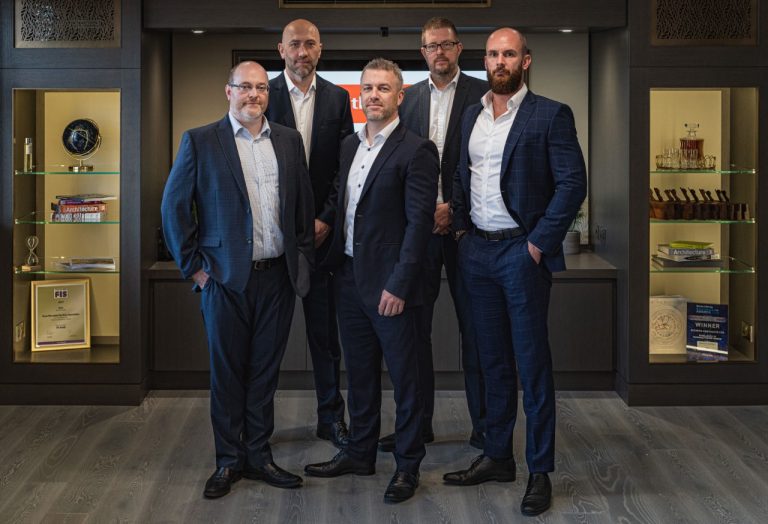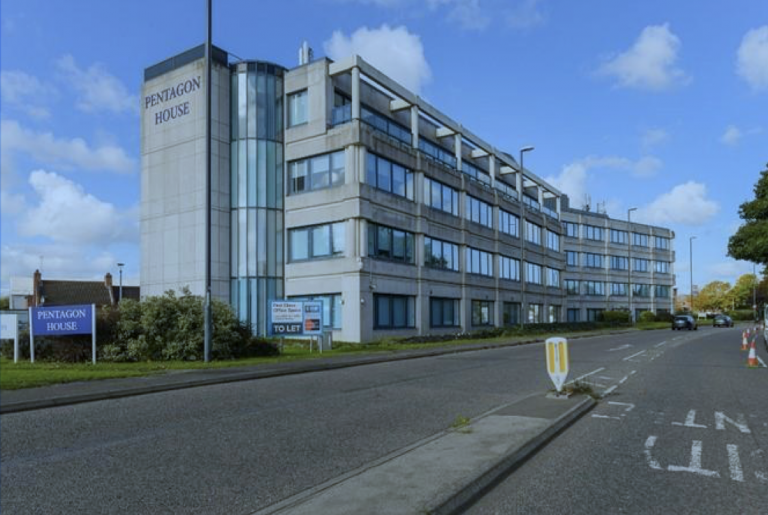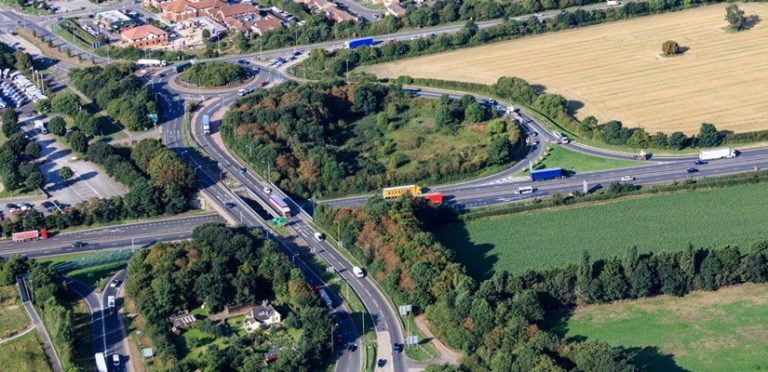East Midlands business confidence holds steady despite challenges
Value of fraud declines in the Midlands
The number of alleged fraud cases exceeding £100k heard in Crown Courts across the Midlands dropped from 27 cases with a total value of £20.3m during the first half of 2021 to 16 cases with a total value of £13.7m for the same period in 2022, according to KPMG UK’s Fraud Barometer.
Looking across the alleged fraud cases heard in the Midlands between 1 January and 30 June 2022, the general public remained the most common victims, suffering losses amounting to £1.5m across eight cases. Businesses and government agencies were the two other main class of victims, with alleged losses amounting to a combined £2m across six cases.
The primary perpetrators were professional criminals, this is consistent with the national trend observed for the first half of 2022.
There was a notable change in the absence of alleged fraud committed against financial institutions, a contrast to H1 2021 when the value of alleged fraud amounted to £1.1m. Another notable change was the decrease in the number of cases allegedly perpetrated by individuals in management roles or employees, down 53% from 15 cases to seven in the same period.
Julie Bruce, Forensic lead for KPMG in the Midlands, said: “As the cost-of-living crisis continues to bite, members of the general public in particular need to stay alert for instances of fraud. The data has highlighted that fraud can take many forms and will have a lasting impact on those who have fallen victim.
“It is paramount that business and organisations ensure that they have anti-fraud controls and deterrents in place to defend fraudulent activity.”
Case studies to reach the region’s courts during this period include:
- A prominent businessman abused his role as a pension trustee and allegedly invested £10m from employee pension schemes into his new motorcycle business.
- A couple were jailed after defrauding the public purse in a scheme that exploited government systems designed to support businesses. The pair allegedly submitted over £7m in fake invoices which allowed them to claim over £1m in VAT from HMRC.
- A man has been jailed after scamming almost £500k from unsuspecting victims in a fraudulent car-selling scheme.
Rolls-Royce SMR signs agreement with Dutch company
JW Doubleday shareholders agree to sell the business
Financial Services most desired destination for career changers, but retention challenge remains for sector
Plans approved for transformation of Swadlincote town centre
Have you got your tickets for the East Midlands Bricks Awards 2022?
Shortlist for the East Midlands Bricks Awards 2022
Most Active Agent – sponsored by Blueprint Interiors Mather Jamie OMEETO BB&J Commercial Commercial Development of the Year – sponsored by Frank Key Broad Marsh Bus Station and Car Park – Galliford Try Construction Etiquette Park – Clowes Developments Nottinghamshire Police and Nottinghamshire Fire & Rescue Service joint HQ – Henry Brothers Responsible Business of the Year – sponsored by Press for Attention PR Cawarden Arc Partnership Phoenix Brickwork Residential Development of the Year – sponsored by Sterling Commercial Finance The Rise, Southwell – Stagfield Group Glenvale Park – Glenvale Park LLP Hindle House – KMRE Group Deal of the Year – sponsored by Blythin & Brown Insurance Brokers St James Securities – Phase Two of the Becketwell regeneration scheme in Derby – 3,500 capacity Becketwell performance venue with ASM Global Wells McFarlane, APB and Newton LDP – sale of 460 acres of land in North Leicestershire, making way for a new garden village Morgan Industrial Properties Limited – acquisition of the former Ewart Chain site in Shaftesbury Street, Derby Developer of the Year – sponsored by Ward Hockley Developments St James Securities HBD Architects of the Year – sponsored by OMS Swain Architecture Rayner Davies Architects CPMG Architects Excellence in Design – sponsored by Cawarden St. Peter’s Gate renovation – CPMG Architects Health and Allied Professions Centre at Nottingham Trent University – Pick Everard Brookside Farm – Chevin Homes Sustainable Development of the Year – sponsored by Viridis Building Services Refurbished HQ for LKAB Minerals – Scenariio Northern Gateway Enterprise Centre – Chesterfield Borough Council, Whittam Cox Architects, Robert Woodhead Group Broad Marsh Bus Station and Car Park – Galliford Try Construction Contractor of the Year – sponsored by RammSanderson Galliford Try Construction Cawarden Enrok Construction The Overall Winner, sponsored by Streets Chartered Accountants, will also be announced at the ceremony, who will be awarded a year of marketing/publicity worth £20,000.











To be held at:

Derbyshire housing association secures £102.5m funding deal to boost affordable housebuilding
Shortlist revealed for the East Midlands Bricks Awards 2022
Shortlist for the East Midlands Bricks Awards 2022
Most Active Agent – sponsored by Blueprint Interiors Mather Jamie OMEETO BB&J Commercial Commercial Development of the Year – sponsored by Frank Key Broad Marsh Bus Station and Car Park – Galliford Try Construction Etiquette Park – Clowes Developments Nottinghamshire Police and Nottinghamshire Fire & Rescue Service joint HQ – Henry Brothers Responsible Business of the Year – sponsored by Press for Attention PR Cawarden Arc Partnership Phoenix Brickwork Residential Development of the Year – sponsored by Sterling Commercial Finance The Rise, Southwell – Stagfield Group Glenvale Park – Glenvale Park LLP Hindle House – KMRE Group Deal of the Year – sponsored by Blythin & Brown Insurance Brokers St James Securities – Phase Two of the Becketwell regeneration scheme in Derby – 3,500 capacity Becketwell performance venue with ASM Global Wells McFarlane, APB and Newton LDP – sale of 460 acres of land in North Leicestershire, making way for a new garden village Morgan Industrial Properties Limited – acquisition of the former Ewart Chain site in Shaftesbury Street, Derby Developer of the Year – sponsored by Ward Hockley Developments St James Securities HBD Architects of the Year – sponsored by OMS Swain Architecture Rayner Davies Architects CPMG Architects Excellence in Design – sponsored by Cawarden St. Peter’s Gate renovation – CPMG Architects Health and Allied Professions Centre at Nottingham Trent University – Pick Everard Brookside Farm – Chevin Homes Sustainable Development of the Year – sponsored by Viridis Building Services Refurbished HQ for LKAB Minerals – Scenariio Northern Gateway Enterprise Centre – Chesterfield Borough Council, Whittam Cox Architects, Robert Woodhead Group Broad Marsh Bus Station and Car Park – Galliford Try Construction Contractor of the Year – sponsored by RammSanderson Galliford Try Construction Cawarden Enrok Construction The Overall Winner, sponsored by Streets Chartered Accountants, will also be announced at the ceremony, who will be awarded a year of marketing/publicity worth £20,000.











To be held at:

Light Science Technologies bolsters team with new appointments
Freeze energy prices for firms or risk business failures, warns East Midlands Chamber
- Ofgem to be given more power to strengthen regulation of the energy market for businesses
- Temporary cut in VAT for energy from 20% to 5% to reduce costs for businesses
- Covid-style support by introducing a Government emergency energy grant for SMEs
- Temporarily reverse the increase in national insurance contributions and put money back into the pockets of businesses and workers
- Government to immediately review and reform the shortage occupation list to help bring down wage pressures and fill staffing vacancies
Burton abuse charity appeals to businesses for support after seeing rise in demand for its services
Building set to be replaced as planning permission granted for new student flats
New Managing Director for Nottingham Trams
Nottingham Trams Limited, which oversees the operation and maintenance of the city’s tram network for the Nottingham Express Transit (NET), has appointed Chris Wright as its new Managing Director.
In his new role at Nottingham Trams Chris will take responsibility for the strategic leadership of the city’s tram system to ensure its safe operation, oversee the company’s budget and be the primary contact for key stakeholders of the business.
Chris was previously commercial director for East Midlands Railway, which saw him lead teams responsible for marketing, retail and external relations and act as the primary interface with the Department for Transport to manage contracts and new business opportunities.
Prior to this Chris held senior roles as fleet director at East Midlands Trains, engineering and commercial director at Vossloh Kiepe UK and depot manager for London Midland’s Soho and Tyseley maintenance depots.
Alistair Gordon, Chief Executive of Keolis UK and Dubai, said: “The experience and expertise that Chris brings to our business is significant and will be valuable in meeting the current challenges.
“He will be leading an excellent and well-regarded team and I am looking forward to working with Chris to ensure that he has the resources and talent to continue to deliver the best service possible for communities across Nottingham.”
Commenting on his appointment, Chris said: “I am pleased and proud to have been appointed to this role. I look forward to working with all our stakeholders to ensure the continued success of the network.
“I am also excited to have the support of Keolis Group and its international experience as an important added value to delivering service excellence. I particularly look forward to working with the team at Nottingham Trams who have been a part of building a valued public asset for the city.”




